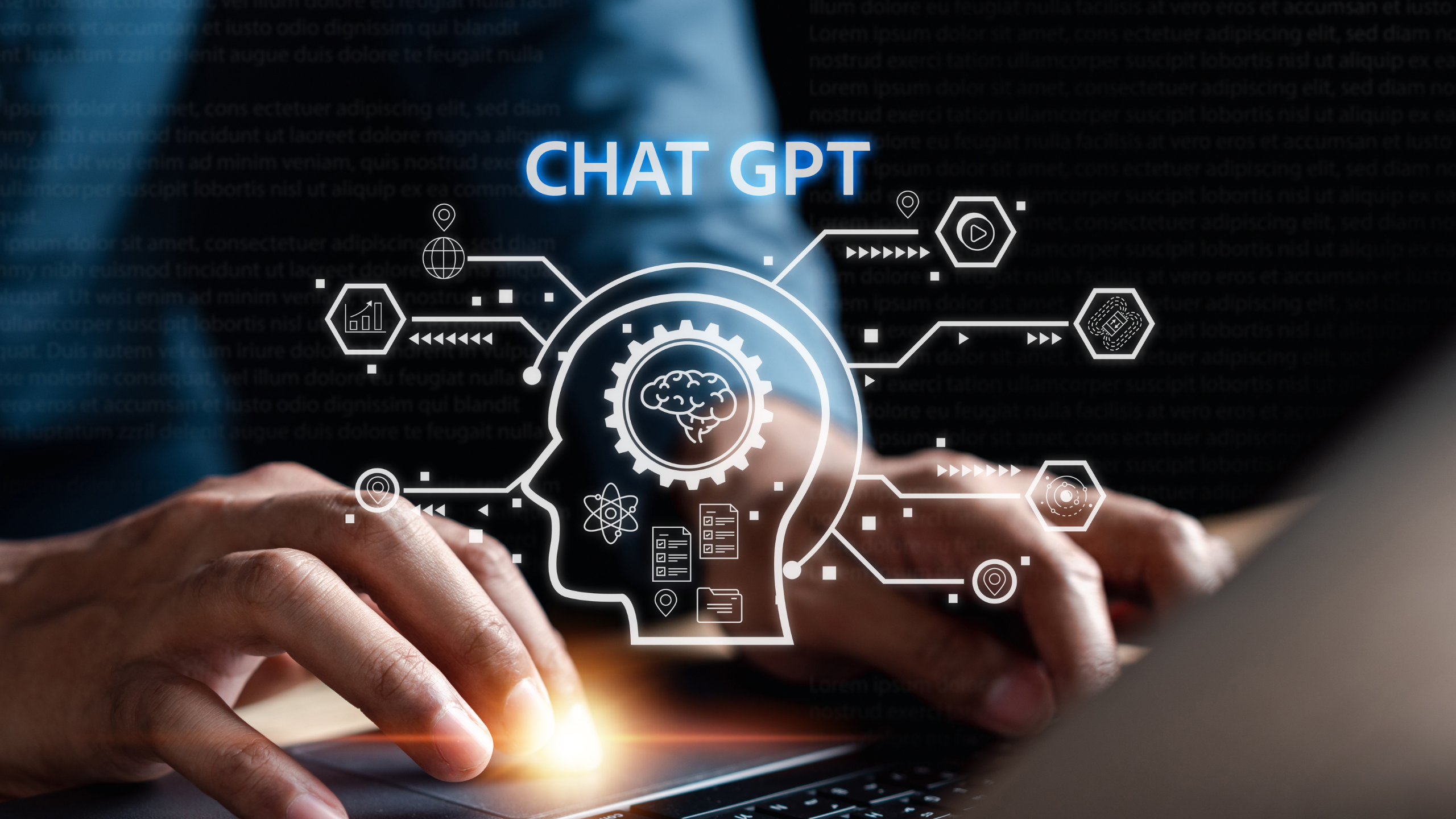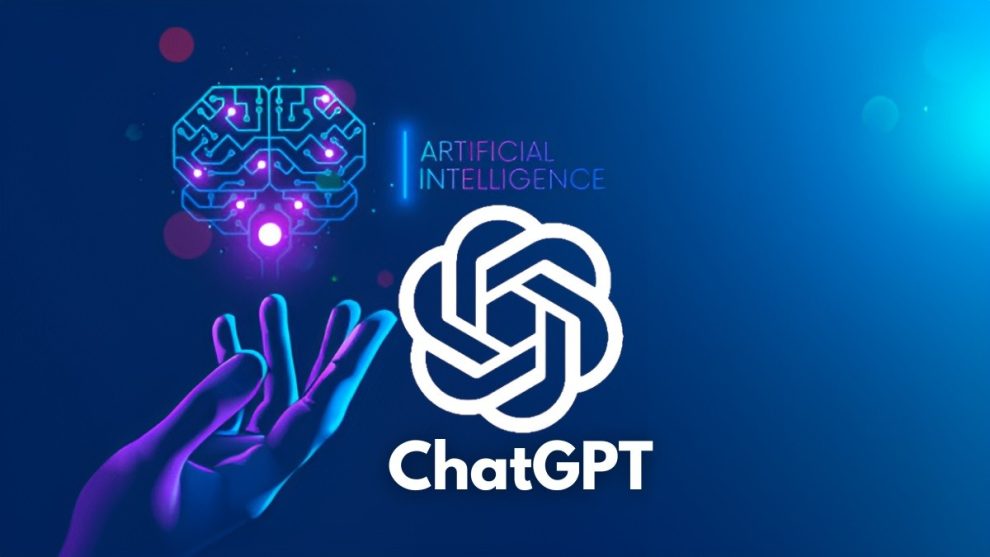OpenAI’s ChatGPT has revolutionized the way we interact with language models, generating creative and realistic text across various formats. However, the restricted access to real-time web information through the “Browse” feature, which is limited to paid subscribers, has left many users seeking alternative solutions.
Free Alternatives for Web Integration
While the official “Browse” feature remains behind a paywall, there are several ways to leverage web information with ChatGPT for free:
- Crafting Effective Prompts: By incorporating relevant keywords and phrases into your prompts, you can guide ChatGPT towards the desired information it has been trained on.
- Utilizing Search Engines: Conduct your own web searches and use the information to refine your prompts for ChatGPT.
- Leveraging Free Online Resources: Incorporate information from reputable sources like Wikipedia and educational websites into your prompts to provide ChatGPT with a strong foundation.
- Considering Browser Extensions: Some browser extensions claim to integrate ChatGPT with web searches, but exercise caution and research before installing.

Ethical Considerations: Plagiarism and Misinformation
When using ChatGPT with external web information, it’s crucial to navigate ethical considerations:
- Citing Sources: Always cite external sources appropriately to avoid plagiarism and ensure credibility.
- Verifying Information: Cross-reference ChatGPT’s outputs with credible sources to ensure accuracy.
- Being Aware of Bias: Critically evaluate the information generated and consider alternative perspectives to mitigate potential biases.
Potential Future Developments from OpenAI
While the current situation limits free users’ access to real-time web searches, OpenAI might introduce changes in the future:
- Freemium Model: Offering a limited number of daily “Browse” queries for free users to incentivize upgrades to paid plans.
- Emphasis on Prompt Engineering: Prioritizing user education on crafting comprehensive prompts to reduce the need for real-time web searches.
- Community-Driven Knowledge Base: Developing a user-curated knowledge base to supplement ChatGPT’s responses without relying on real-time web searches.
The Evolving Landscape of AI Language Models
The accessibility and functionality of AI language models like ChatGPT are constantly evolving. As technology progresses, we can expect improvements in the way these tools integrate with the vast information available on the web.
Whether through innovative pricing models, advanced prompt engineering techniques, or collaborative knowledge bases, the future promises a more seamless and democratic access to information through AI-powered language models.
As users, it’s essential to stay informed about these developments and adapt our strategies accordingly. By leveraging the free alternatives discussed in this article and staying mindful of ethical considerations, we can make the most of ChatGPT’s capabilities while eagerly anticipating the exciting possibilities that lie ahead.
In the ever-evolving landscape of AI language models, one thing is certain: the potential for these tools to revolutionize the way we access and interact with information is immense. As OpenAI and other innovators continue to push the boundaries of what’s possible, we can look forward to a future where the power of AI is increasingly accessible to all.
















Add Comment